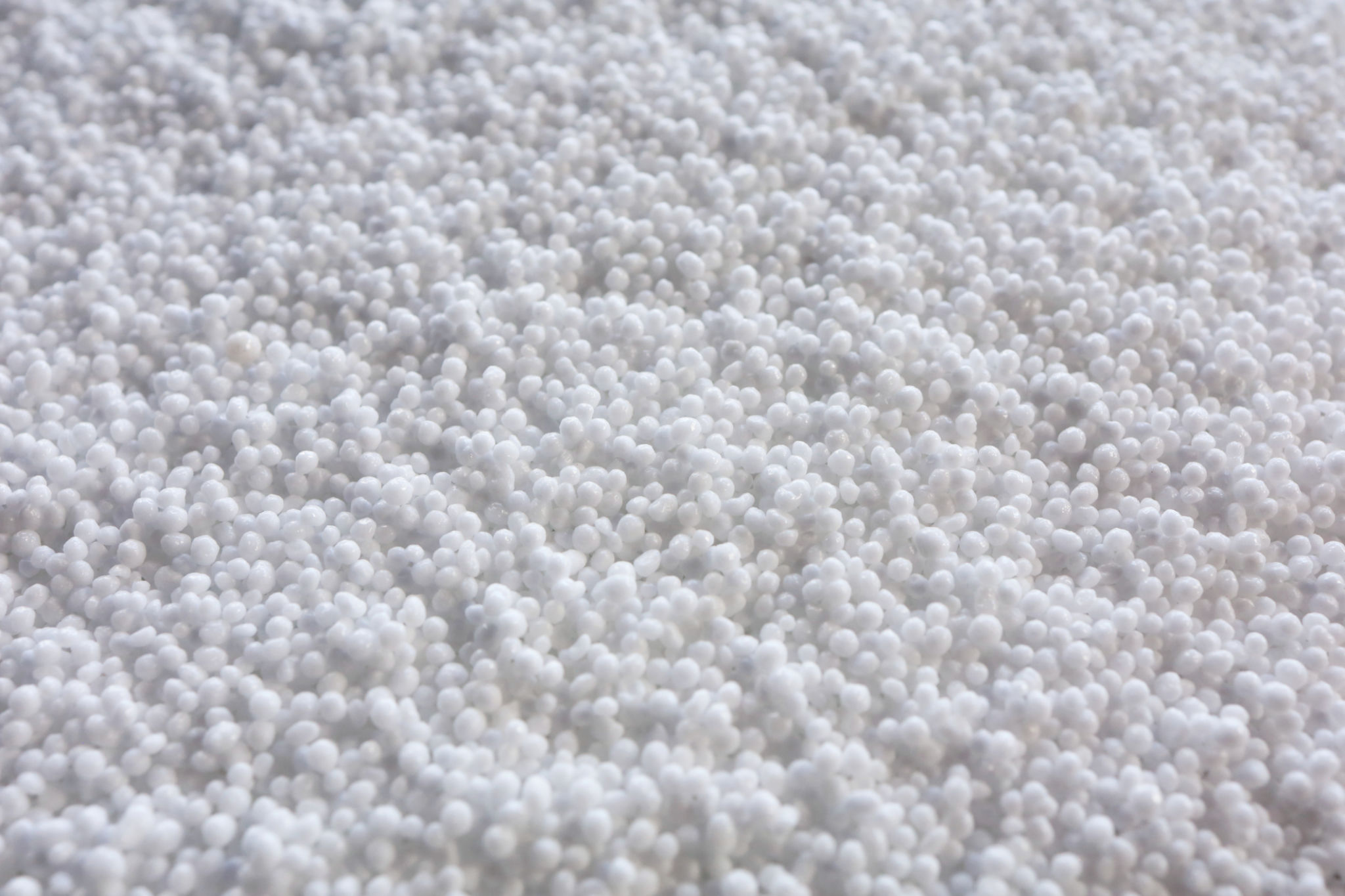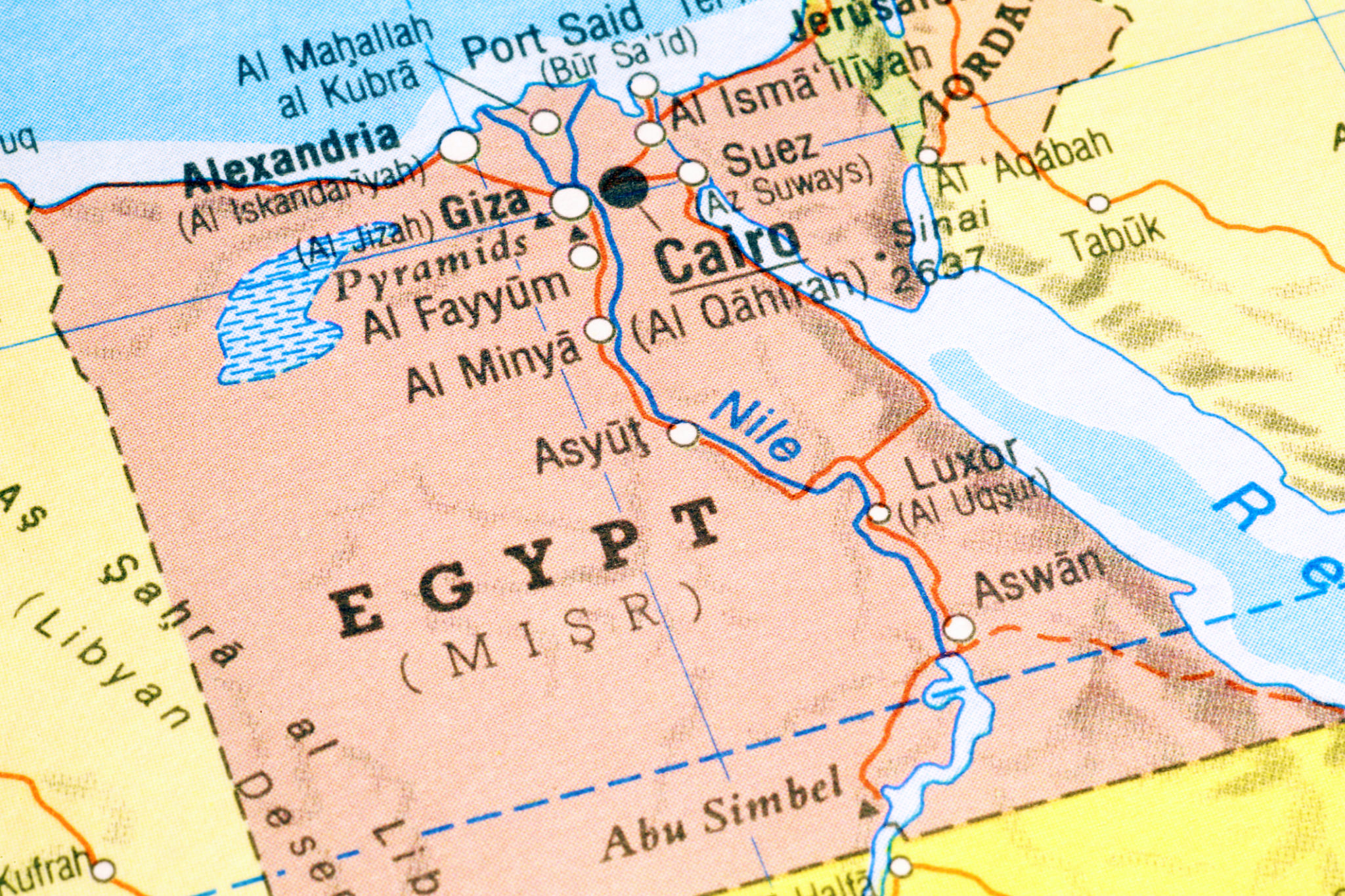Navigating the Global Market: Exporting Urea from Egypt to Europe
Introduction to Exporting Urea
In the global market, the trade of urea, a crucial nitrogen-rich fertilizer, is essential for agricultural productivity. Egypt, with its significant production capacity, stands as a prominent exporter to various regions, including Europe. This blog post will explore the factors influencing the export of urea from Egypt to Europe and provide insights into navigating this dynamic market.

The Importance of Urea in Agriculture
Urea is a vital component in modern agriculture due to its high nitrogen content, making it an efficient and cost-effective fertilizer. It plays a critical role in enhancing soil fertility and boosting crop yields. For European markets, where sustainable agriculture practices are increasingly prioritized, Egyptian urea offers a reliable and quality source to meet growing demands.
One of the key advantages of urea is its versatility. It can be used across various crops and soil types, making it an essential input for diverse agricultural systems. As European farmers strive to improve productivity while adhering to environmental regulations, the demand for high-quality urea continues to rise.
Egypt's Position in the Global Urea Market
Egypt has positioned itself as a major player in the global urea market thanks to its strategic geographical location and abundant natural gas resources, which are pivotal in urea production. The country's proximity to Europe allows for reduced shipping costs and shorter transit times, offering a competitive edge over other exporters.

Moreover, Egypt's strong production capacity ensures a steady supply of urea, capable of meeting the increasing demands from European countries. With well-established export routes and infrastructure, Egypt is equipped to handle large-scale shipments efficiently.
Regulations and Compliance
Exporting urea from Egypt to Europe involves navigating a complex regulatory landscape. European Union regulations on chemical imports necessitate strict compliance with safety and environmental standards. Exporters must ensure that their products meet these requirements to avoid delays or rejections at European ports.
- Understanding EU regulations on fertilizer imports
- Ensuring product quality and safety
- Adhering to environmental sustainability standards

Challenges and Opportunities
While exporting urea to Europe offers lucrative opportunities, it also presents certain challenges. Fluctuating demand, changing regulations, and geopolitical factors can impact trade dynamics. However, by staying informed and adaptable, exporters can capitalize on emerging trends and opportunities in the European market.
The increasing focus on sustainable farming practices in Europe presents an opportunity for Egyptian exporters to highlight the eco-friendly aspects of their production processes. By promoting sustainability and transparency, exporters can strengthen their market position and build long-term relationships with European buyers.
Conclusion
Navigating the global market for exporting urea from Egypt to Europe requires a strategic approach. By understanding the importance of urea in agriculture, recognizing Egypt's strengths as an exporter, and adhering to regulatory requirements, businesses can successfully expand their reach in the European market. As demands for sustainable agricultural solutions grow, Egyptian exporters are well-positioned to meet these needs and contribute to global food security.
